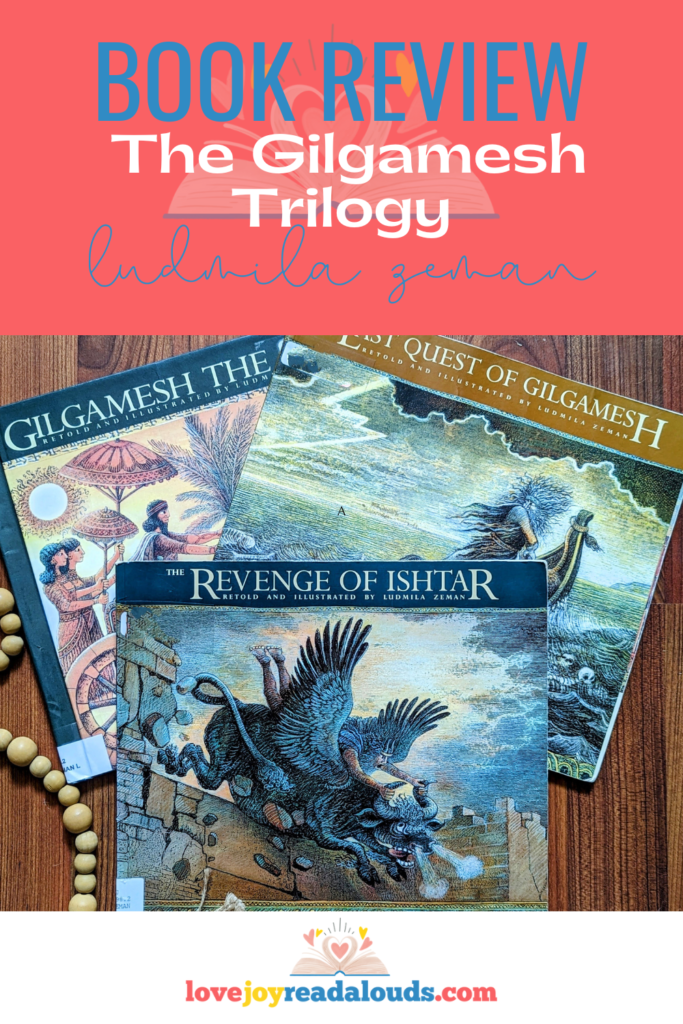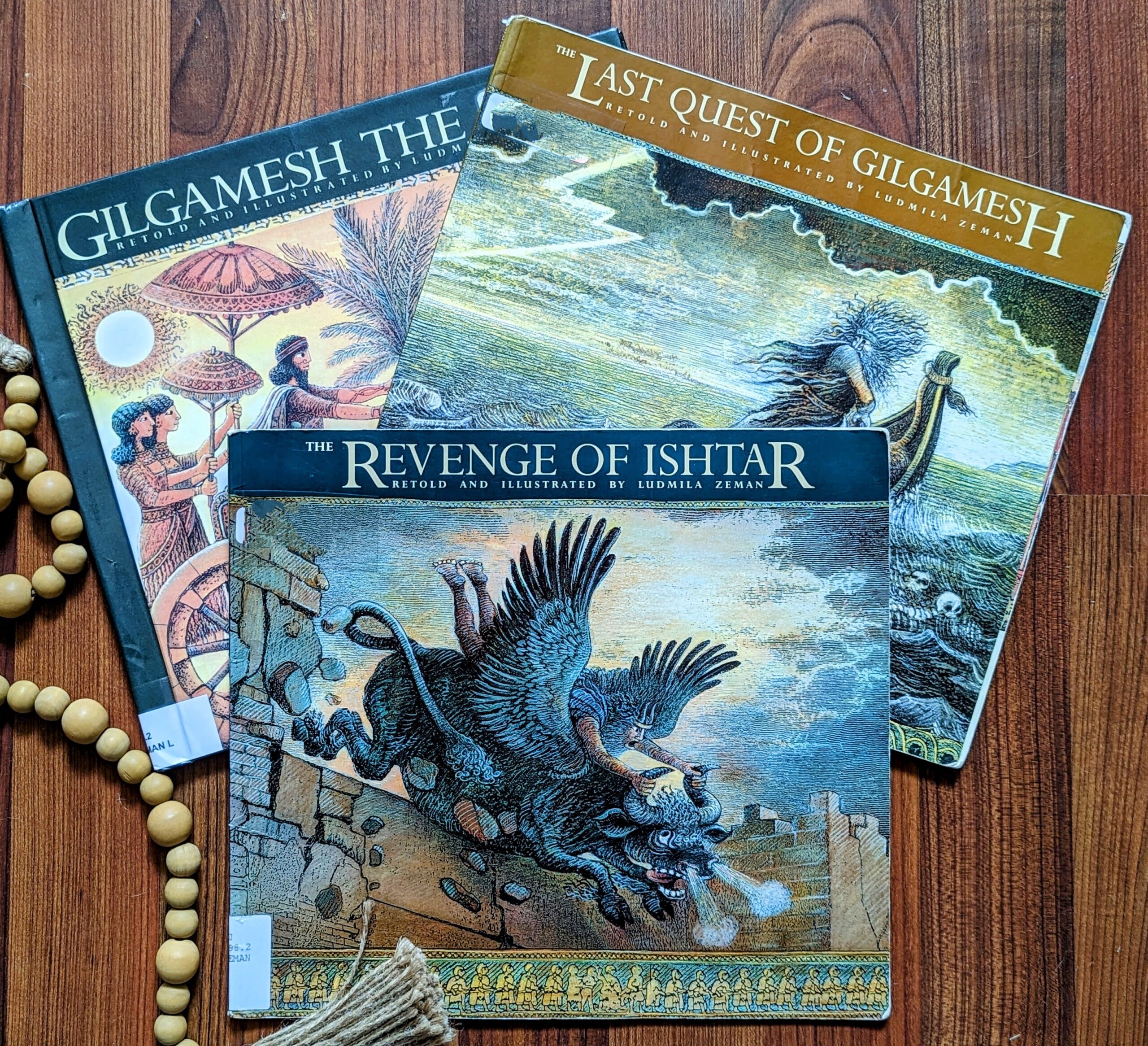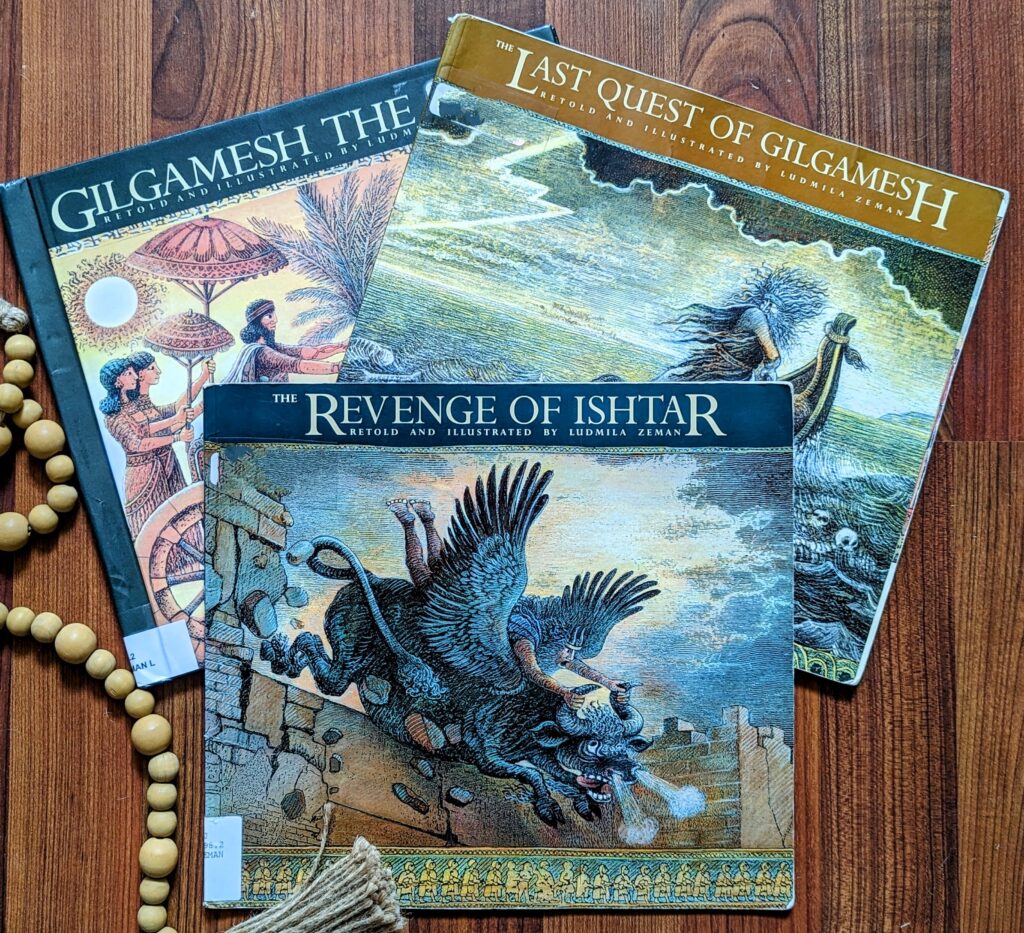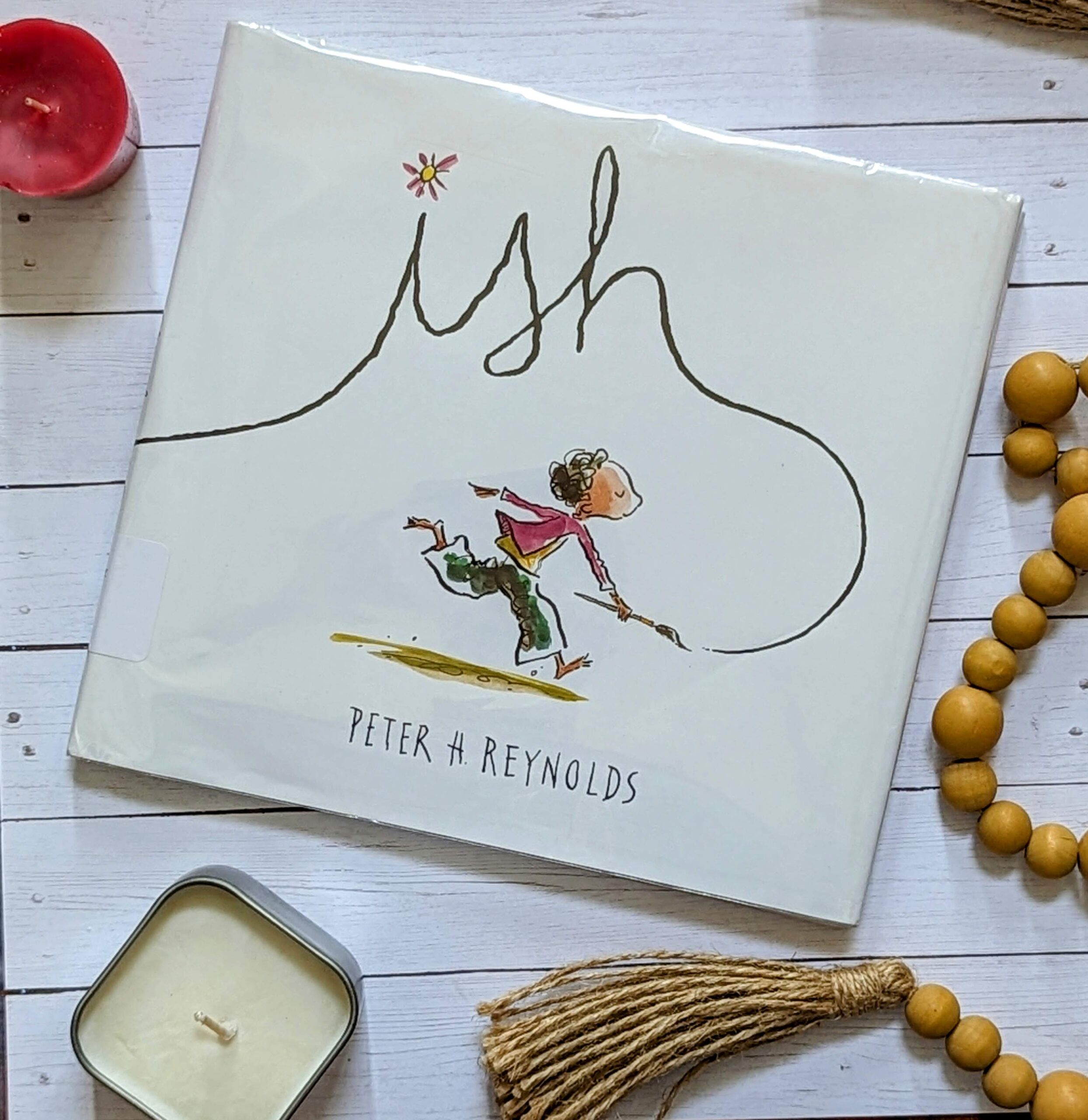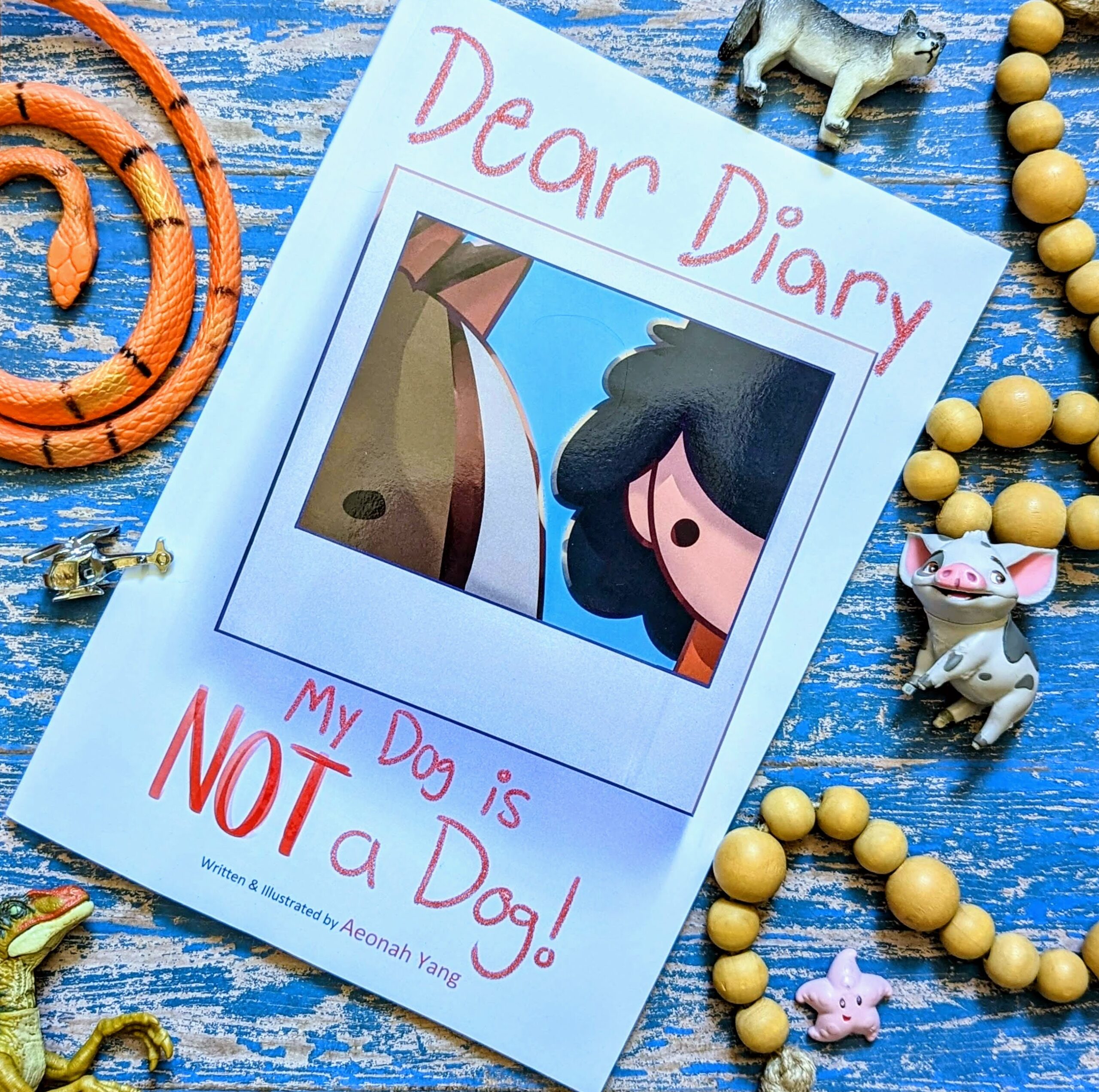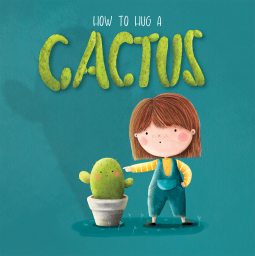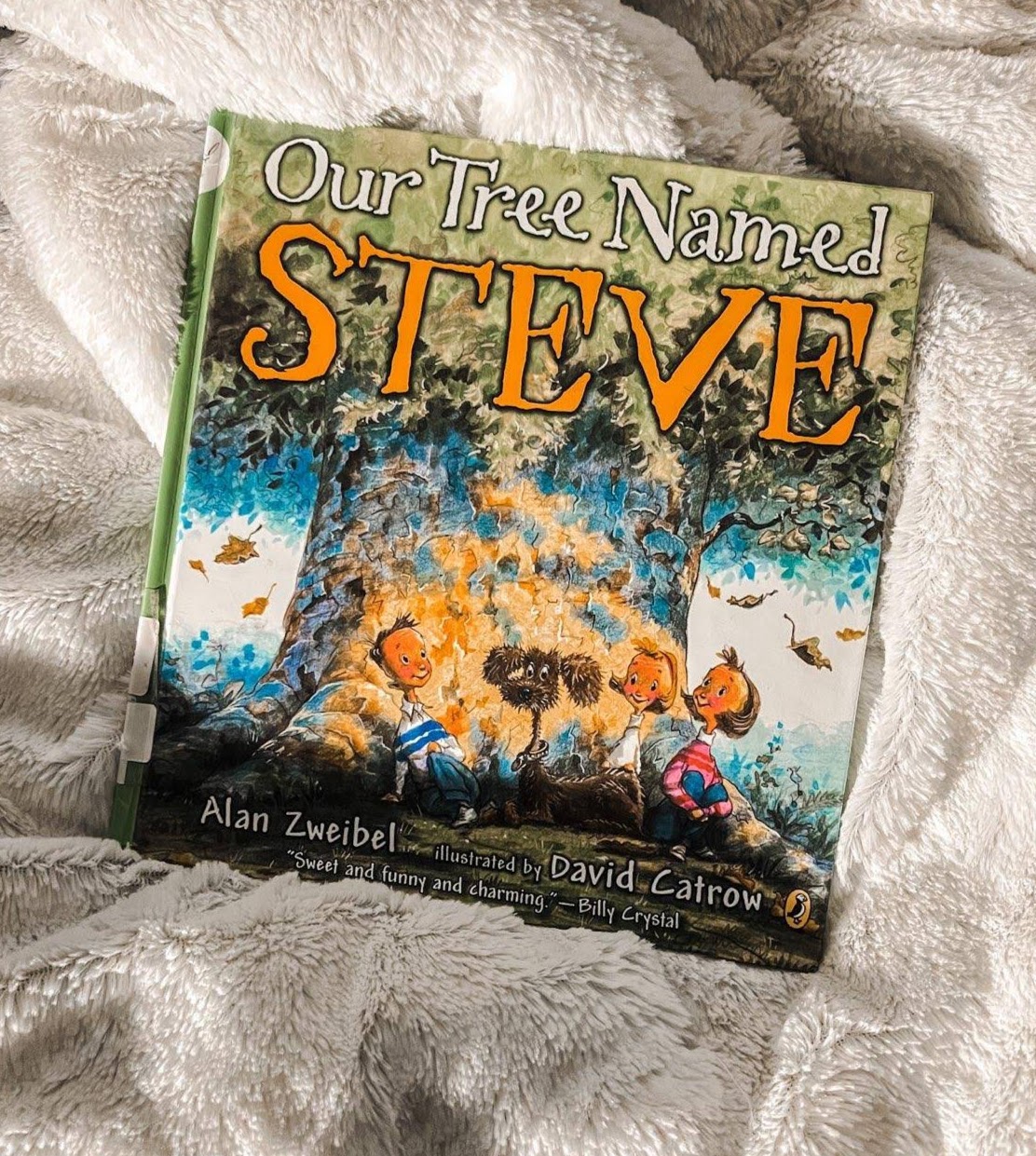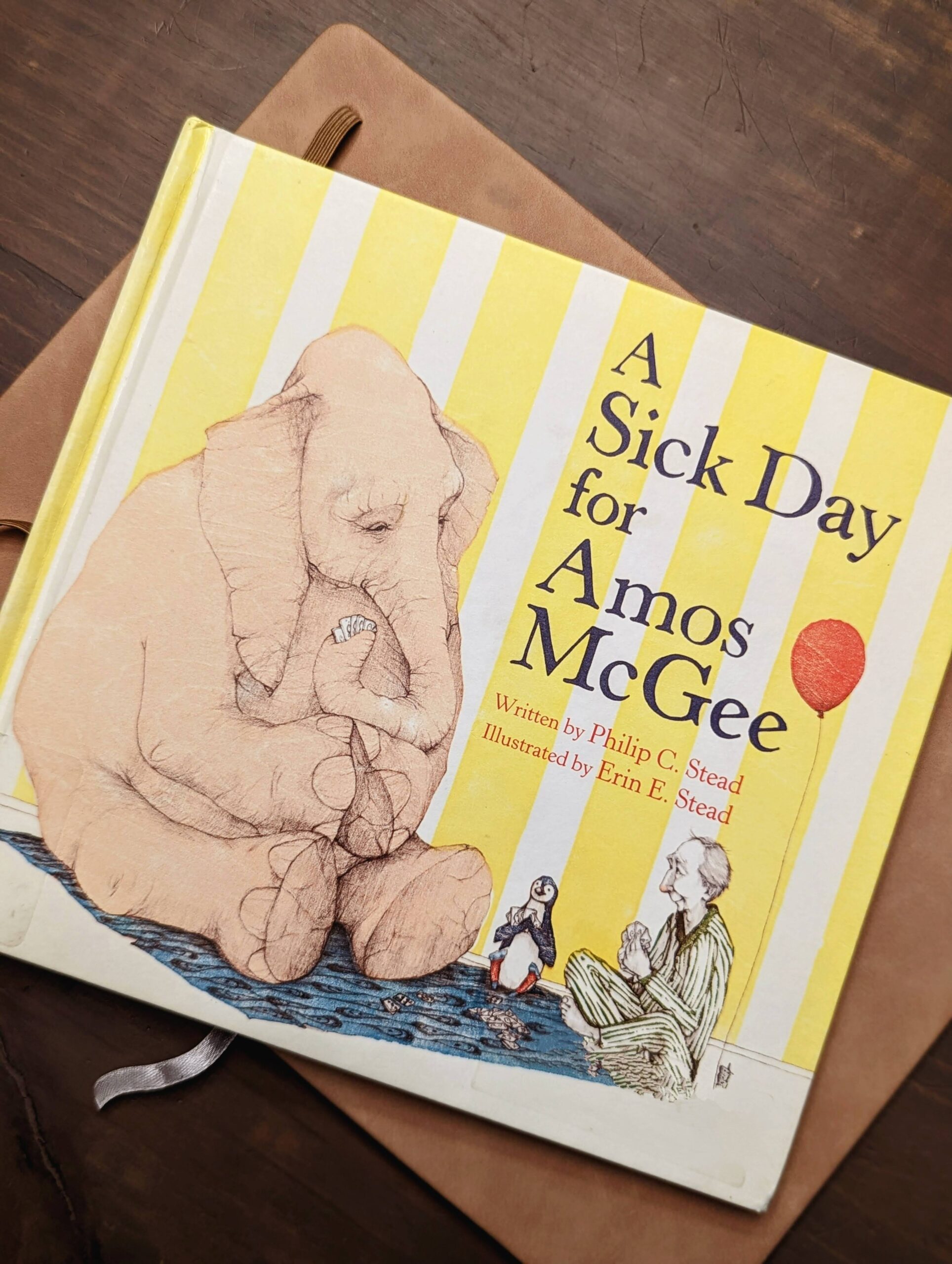The Gilgamesh Trilogy by Ludmila Zeman
Retold from the ancient epic poems about Gilgamesh, the half-god and half-man who became king, this trilogy narrows down the epic poem into three picture books.
Follow Gilgamesh as he transforms from a tyrannical king into a beloved hero.
When you purchase through a link, Love Joy Read-Alouds earns a small commission – at no cost to you. Thanks for your support!
LJR’s Thoughts for The Gilgamesh Trilogy
Gilgamesh the King
This first book is a great introduction to Gilgamesh and definitely worth the read, especially because we see the classic come-uppance story with our main character being unlikeable and having a complete turn
The kids and battle are mild. This first book is a great introduction to Gilgamesh and worth reading, especially because we see the classic story of a character being a jerk and having a complete turn around.
The Revenge of Ishtar
the second book in the trilogy about Gilgamesh is a fascinating tale and though it’s legend, it’s linked directly to ancient history and civilizations in Mesopotamia. if your kiddo can handle the pictures, these will be great to read as a tie-in to ancient people
The Last Quest of Gilgamesh
In this final book of the authors Gilgamesh trilogy, we see Gilgamesh hunting for immortality. I love the mention of a worldwide flood (it’s often used to discredit Noah’s flood but is in fact adding to its credibility) and the plot twist about Gilgamesh immortality is perfect. I love this story of Western civilizations first superhero and how it shows people have always wanted a compassionate and courageous hero (let us show them the Truest hero in Jesus).
Overall Rating: 3 out of 5
Christian Morals/Values: 2 out of 5
Story: 5 out of 5
Read-Aloud Value: 3 out of 5
Discussion Value: 5 out of 5
Recommended Post: Tales from the Odyssey: Part 1 by Mary Pope Osborne
Content Considerations for The Gilgamesh Trilogy
In our usual LJR fashion, we try to find anything that Christian families may want to know about ahead of time to address, skip, or dig deeper into. Take a look at what we found below. Our take on Discipleship Opportunities is at the bottom of the review.
- Positive Behavior: The story of Gilgamesh tells the story of ancient king Gilgamesh and his extreme transformation from self-centered to selfless hero.
- Negative Behavior: Gilgamesh the King – Gilgamesh begins in the story as a cruel, selfish, and self-centered king. Because he is the main character of the story it’s worth mentioning. The Last Quest of Gilgamesh – Worried about dying and being taken away from his people, Gilgamesh leaves his kingdom to find a way to defeat death.
- Language: The Revenge of Ishtar – word “asses” but referring to the animal.
- Violence/Intense Scenes: Gilgamesh the King – fight between Gilgamesh and the beastly-looking man. The Revenge of Ishtar – A character dies early in, some illustrations show the incident and the character’s lifeless body being held; the image of the monster may be scary for sensitive little ones; the image of the monster with its head clearly cut off from its body. The Last Quest of Gilgamesh – Some illustrations frighteningly show animals, one shows a body of water with skeletons.
- Religion/Spirituality: Gilgamesh the King – the story mentions people praying to a sun God; Gilgamesh is half god-half man; people pray to the sun god. The Revenge of Ishtar – reference to “gods.” The Last Quest of Gilgamesh – gods are mentioned.
- Racism/Discrimination: none
- Romance/Sexuality: Gilgamesh the King – illustration of a woman and a beast-like man kiss/peck on lips, mentions they “explored the ways of love together.”
- Substance Usage: none
Discipleship Opportunities
- A prominent theme in all three books is the worship and presence of ‘gods’. When you read these to your family, start by addressing the one true and living God and the powerlessness of other ‘gods.’ I love how Jeremiah 10:5 – 7, 10-11 talks about false gods and idols.
- By far, the two themes that stand out the most in this story are the ones of complete transformation by Gilgamesh (2 Corinthians 5:17) but also, self-sacrifice by Enkidu (John 15:13; Philipians 2:3-4).
- The mention of a great flood is one that you can use as a form of apologetics discipleship. Check out J. Warner Wallace from Cold-Case Christianity discuss how ancient flood myths support the Biblical account.
PIN IT FOR LATER
